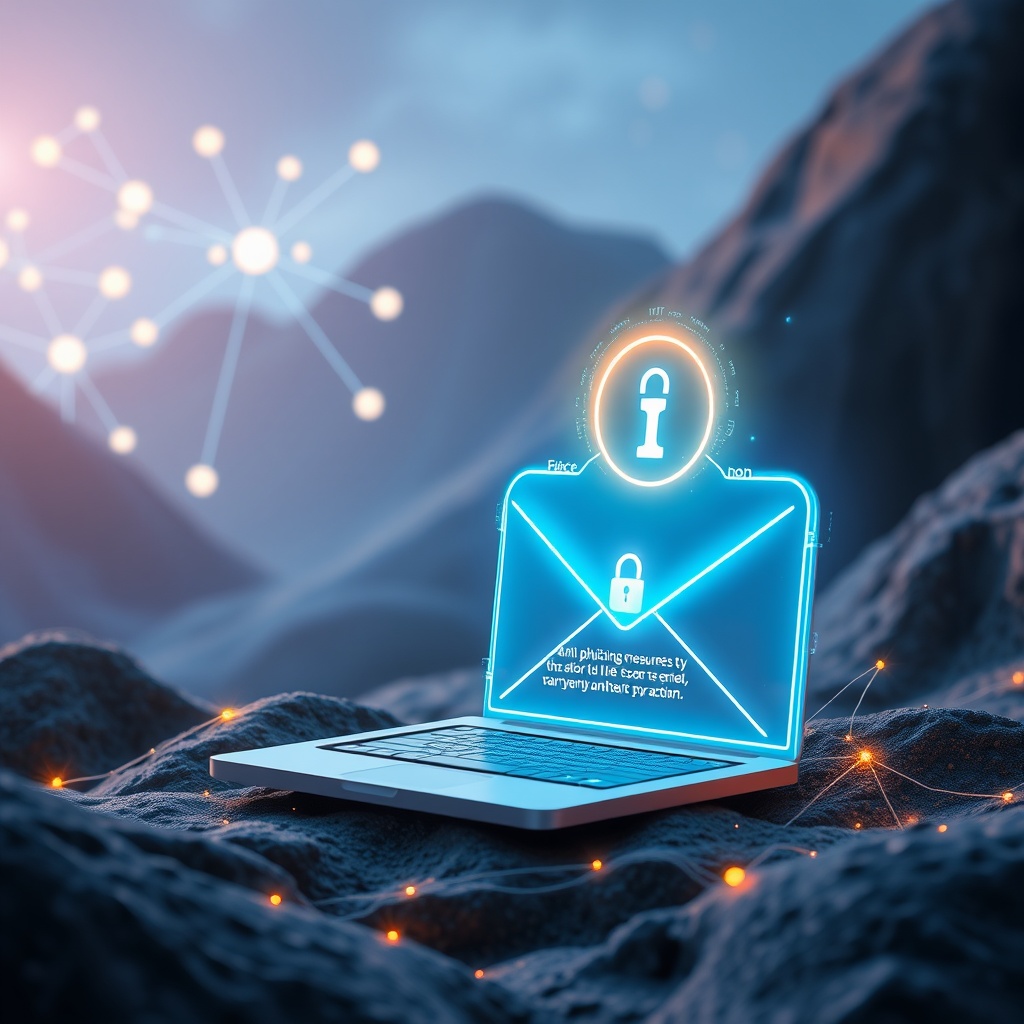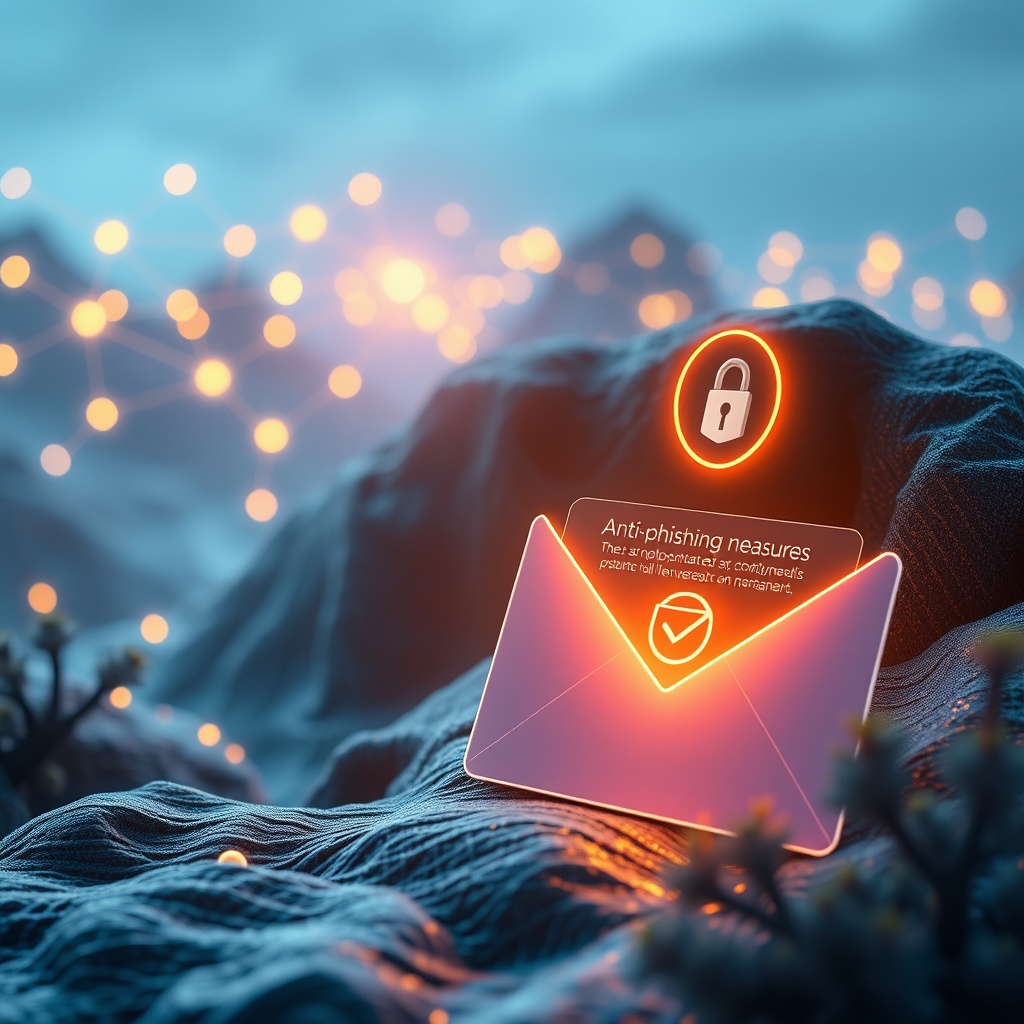Understanding the Threat Landscape

In the digital age, email remains a primary mode of communication for individuals and businesses alike. However, this medium is fraught with risks, particularly phishing attacks that exploit vulnerabilities in email systems. Cybercriminals are becoming increasingly sophisticated, employing tactics that can deceive even the most vigilant users. Understanding the nature of these threats is the first step toward fortifying email security.
Phishing attacks can lead to significant data breaches, financial loss, and reputational damage. As a response to these challenges, innovative solutions are required. Enter blockchain technology, a decentralized, immutable ledger that promises to enhance email security and mitigate phishing risks.
Blockchain: The Game Changer

Blockchain technology operates on the principles of decentralization, transparency, and security. By leveraging these attributes, it has the potential to redefine how we approach email security. With blockchain, every transaction or communication can be recorded in a way that is tamper-proof, creating a verifiable trail that can be audited.
This revolutionary technology can authenticate the sender’s identity, ensuring that emails originate from legitimate sources. Moreover, the decentralized nature of blockchain means that there is no single point of failure, making it incredibly difficult for cybercriminals to exploit the system.
The Benefits of Blockchain in Email Security
Implementing blockchain in email systems offers a plethora of benefits that can significantly enhance security protocols. Below is a brief overview of how blockchain technology can improve email security and combat phishing:
- Decentralized Verification: By utilizing a decentralized network, email verification can be achieved without relying on a central authority.
- Immutable Records: Each email transaction can be permanently recorded, making it easy to trace any fraudulent activity.
- Enhanced Sender Authentication: Blockchain can provide cryptographic methods for authenticating the sender, reducing the chances of spoofing.
- Smart Contracts: Automated protocols can enforce rules for email interactions, ensuring compliance and security.
As we navigate an increasingly digital world, the integration of blockchain technology into email systems could mark a pivotal shift in how we secure our communications. The potential to create a more secure, transparent, and trustworthy email environment is not just a possibility but an impending reality.





